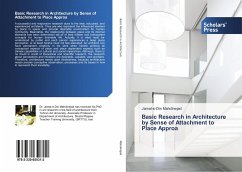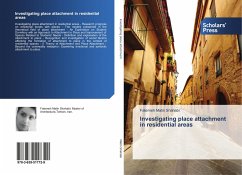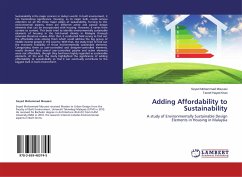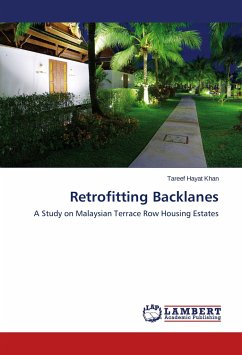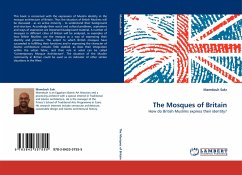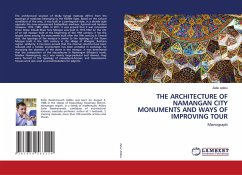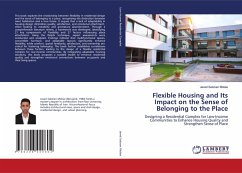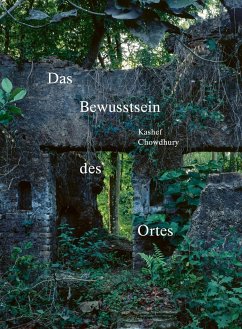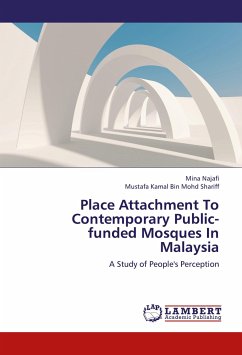
Place Attachment To Contemporary Public-funded Mosques In Malaysia
A Study of People's Perception
Versandkostenfrei!
Versandfertig in 6-10 Tagen
55,99 €
inkl. MwSt.

PAYBACK Punkte
28 °P sammeln!
Place Attachment has been defined as an affirmative expressive bond between people and their surroundings, in terms of psychological well-being. Within the context of religious places, not only spiritual concepts, but also the architectural features of the space could play important roles in forming users' place attachment. This research investigated Malaysian [mosque] users' attachment to contemporary public-funded mosques in Malaysia. The results revealed that Malaysian users have strong emotional attachment to all studied mosques, due to their significance as religious and cultural places. ...
Place Attachment has been defined as an affirmative expressive bond between people and their surroundings, in terms of psychological well-being. Within the context of religious places, not only spiritual concepts, but also the architectural features of the space could play important roles in forming users' place attachment. This research investigated Malaysian [mosque] users' attachment to contemporary public-funded mosques in Malaysia. The results revealed that Malaysian users have strong emotional attachment to all studied mosques, due to their significance as religious and cultural places. However, there was no evidence to show that the architectural styles of the selected mosques could significantly affect the users' Place Attachment. Finally, the results indicated that the respondents were strongly attached to the existing social links to individual experiences, religious status of the places, aesthetic aspects of the architectural elements, spatial order, pleasant surroundings, the supportive facilities and equipment, and upkeep. Employing environmental psychology, this research provided theoretical recommendations to reveal the essential components of place significance.



